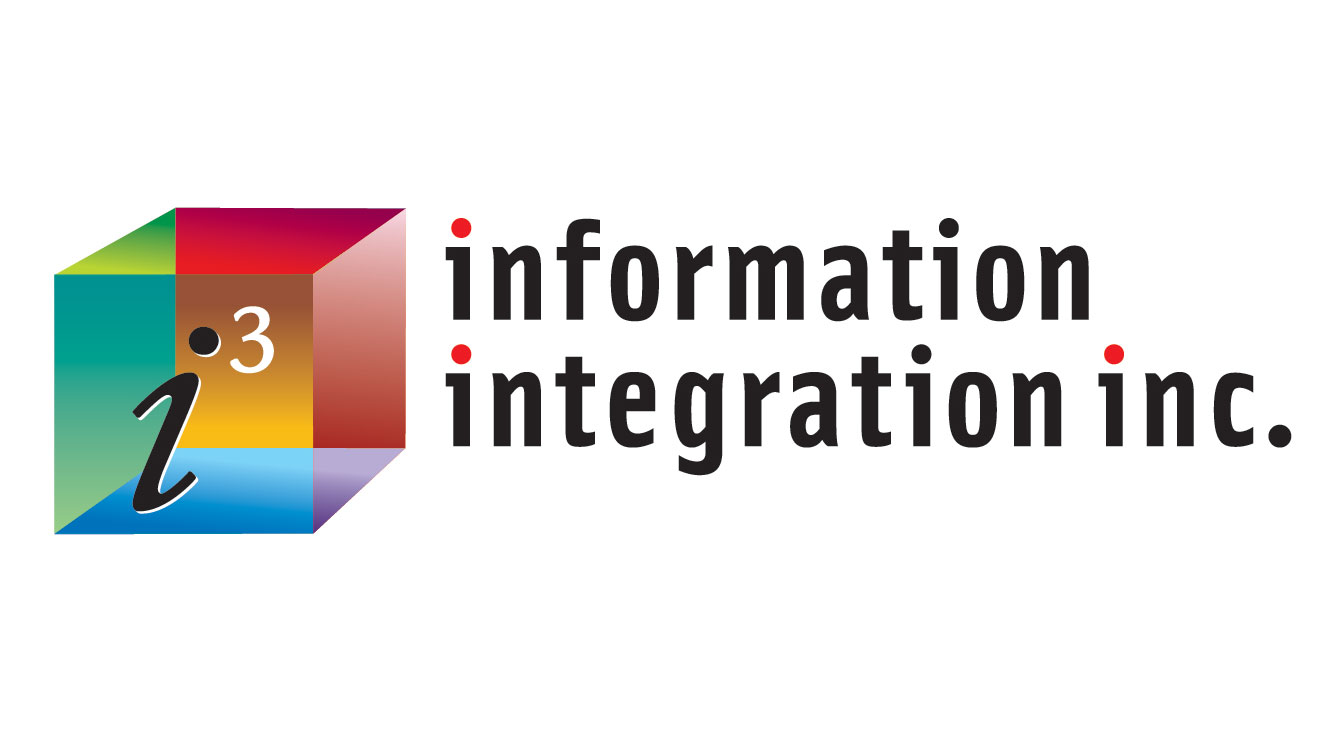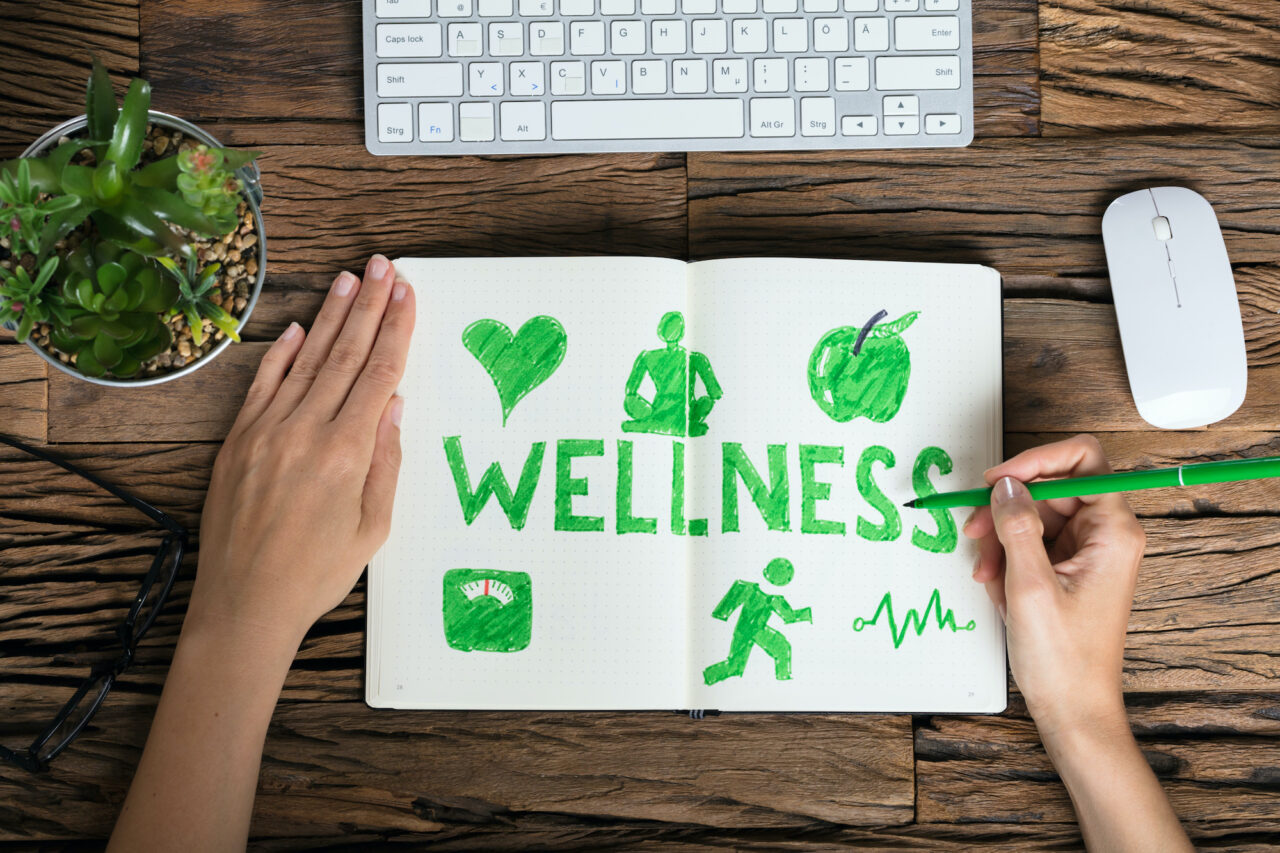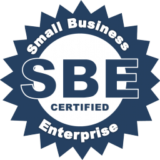The past year has brought about many changes in our lives, both at work and at home. For those of us who have been working remotely, the two have become co-mingled making it difficult to turn off work at the end of the day. For this reason, it is especially important to prioritize taking care of yourself by planning and scheduling time throughout your workday to focus on key areas of well-being.
Create Some New Healthy Habits
While there is no shortage of resources that give you information on the basics of good health, only you know what you need to do to feel healthy and balanced. So always follow your own barometer of what your body and mind are telling you they need. Below are some guidelines – many of which will be familiar to you, but with some new added tips and suggestions.
Aim for 7-8 Hours of Quality Sleep
Some of us may be fortunate enough to feel rested on fewer hours of sleep, and if that is the case, make sure that you are getting quality sleep. Here are some ideas for doing that:
- Sleep in a quiet, dark, cool room (ideally 65 – 68 degrees F).
- Your sleep/wake times should be consistent every day. If you work Monday through Friday and want some extra sleep on the weekends, try not to deviate more than an hour or so from your M-F sleep/wake times.
- Avoid eating 3-4 hours and drinking 1 or more hours before bedtime.
- Limit caffeine and alcohol consumption to several hours before bed (the earlier, the better). While alcohol may cause you to feel very relaxed and sleepy, consuming more than 2 drinks before going to bed will actually lower the quality of the sleep you get.
- Wind down an hour or so before your sleep time with quiet, relaxing activities – for example, read, take a bath, or meditate to prepare yourself for sleep. Avoid anything stimulating like rigorous exercise or reading/watching the news.
- Consider wearing a Fitbit or other device to bed to measure the quality of your sleep. A Fitbit will give you a Sleep Score derived from metrics related to your time asleep and awake, deep vs REM sleep, sleeping heart rate, and level of restlessness.
Drink Water
According to doctors and other healthcare professionals, you should be drinking half your body weight in ounces each day. For example, if you weigh 130 lbs., drink a minimum of 65 oz (8 glasses) of water. Always keep your favorite water bottle with you. If you’re working at home, you may want to measure out the full amount of water for the day in the morning to help you keep track.
Whether you’re working at home or onsite, some people like to record the number of ounces/glasses they consume in their Fitbit or similar device/app to keep track. If seeing your progress throughout the day keeps you motivated to meet your target, then by all means do it!
Exercise Regularly
Choose something that you genuinely enjoy and that makes you feel good. If you take on some form of exercise because you read about its benefits or a colleague touted how much she enjoys it, but you don’t really like it and have to push yourself, it won’t last.
There is no lack of exercise varieties, with or without an instructor or app. I happen to enjoy Peloton’s online classes — of which there are hundreds. After trying several, I found that I enjoy and feel the most motivated by strength, yoga, barre, and pilates classes, so each morning I select several classes of varying length that I fit into the day as time permits before, during, or after work. Some days, especially on warm, sunny days, I walk (with or without my dog), hike, or go bike-riding.
By the way, it’s not necessary to purchase a Peloton bike to work out with their online classes. Subscription (and a trial) are available.
Meditation and Breathwork
Meditate on breaks for 5-10 minutes (even a 1-minute breath break is restorative, calming, and clarifying). While meditating with a group can be powerful, there are many great meditation apps to support and guide you when meditating on your own. Insight Timer and Calm are a couple of our favorites. Peloton also has online meditation classes. (You may also enjoy reading our Mindfulness Tips for the Beginner Mind article.)
Reduce Stress
Practice stress reduction through movement, such as yoga stretches. Modified sun salutations or chair yoga are both great to do in either a home or onsite office, as neither requires you to get down on the floor. If you’re unfamiliar with these practices, you can find some on YouTube to guide you. (Be on the lookout for our upcoming insights on Movement and Meditation.)
Carry Healthy Snacks
Prepare and bring healthy snacks with you to work, or if you’re working at home, plan to have nutritious snacks ready-to-eat in your refrigerator. Providing your brain and body with proper nutrients will improve cognitive function and balance your mood. For example, did you know that sugar can adversely impact your productivity and creativity? While it will give you an initial surge of energy, that surge is usually followed by an energy crash and fatigue that can cause “foggy brain.”
Add nutrient-dense foods and cut out highly processed ones. A few suggestions are hummus and a variety of veggie sticks, a slice of Ezekiel or other sprouted grain bread with almond butter, or a handful of almonds to boost your energy and keep your mind clear and focused. (Be on the lookout for more great tips on nutritious food prep in a future Insights article.)
Looking Ahead
Along with the challenges the past year has brought, there have also been opportunities for self-reflection, growth, and focus on well-being. Self-care is a critical sustaining factor whether you’re working from home or onsite. Be sure to take time to develop and fine-tune some healthy habits to rejuvenate your mind and body using some techniques I’ve shared. If you have any to add, we welcome your comments about this blog on LinkedIn or in the form below.





